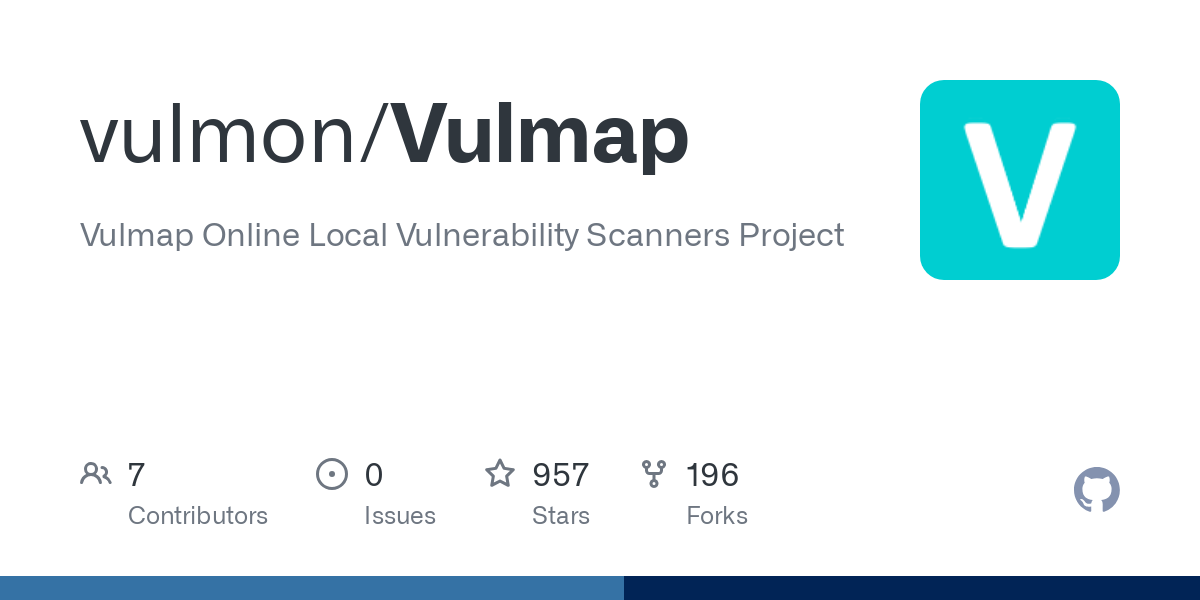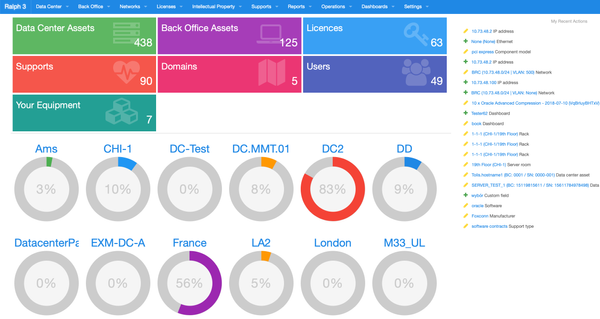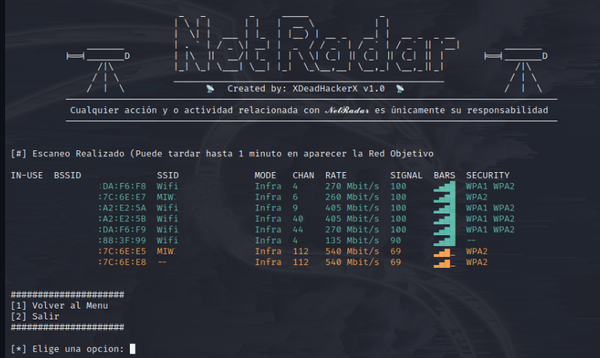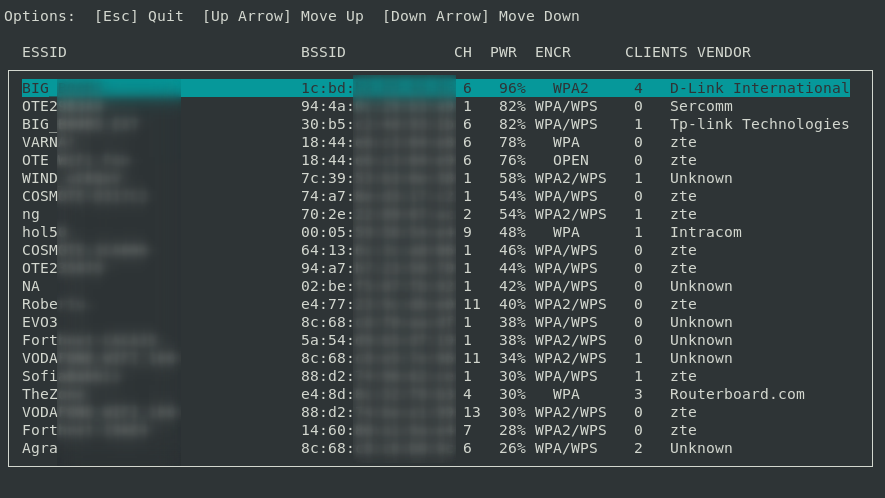Boost Your Cybersecurity Arsenal: 13 Open-Source Tools to Know
Table of Content
In today’s fast-evolving world of cybersecurity, success isn’t just about what you know—it’s about the tools you use. For pentesters and security engineers, having the right tools can make all the difference between uncovering hidden vulnerabilities and missing critical risks. That’s where open-source tools come in. They’re not just cost-effective; they’re powerful, flexible, and built by a community that understands real-world security challenges.
This post is your guide to 13 must-have open-source tools that every security professional should have in their arsenal. Whether you’re an experienced pentester aiming to level up your workflow or a security engineer dedicated to safeguarding networks, these tools offer a blend of practicality and innovation.
They’re designed to adapt to your needs, tackle complex vulnerabilities, and make your work more efficient.
Let’s explore how these community-driven tools can boost your cybersecurity efforts and set you apart in the field.
1- Legion
Legion is the Swiss-army knife tool for network pentesters, it offers a developer-friendly powerful network penetration testing framework.
Legion include several powerful tools such as NMAP, Nikto, Hydra and more. It also comes with a modular structure that enables developers to extend its functionalities and add more modules.
The app started as a fork SECFORCE's Sparta, but it developed to something more compact and user-friendly.
Currently, it supports Ubuntu, and Kali Linux, but it can be also installed on Arch Linux, Manjaro, Black Arch and other security linux distros.
With Docker, Legion can be installed also on macOS, and Windows.
Features
- Automatic recon and scanning with NMAP, whataweb, nikto, Vulners, Hydra, SMBenum, dirbuster, sslyzer, webslayer and more (with almost 100 auto-scheduled scripts).
- Easy to use graphical interface with rich context menus and panels that allow pentesters to quickly find and exploit attack vectors on hosts.
- Modular functionality allows users to easily customize Legion and automatically call their own scripts/tools.
- Multiple custom scan configurations ideal for testing different environments of various size and complexity.
- Highly customizable stage scanning for ninja-like IPS evasion.
- Automatic detection of CPEs (Common Platform Enumeration) and CVEs (Common Vulnerabilities and Exposures).
- Ties CVEs to Exploits as detailed in Exploit-Database.
- Realtime auto-saving of project results and tasks.
2- RustScan
RustScan is a port scanner with lighting speed on-steroids actions. (unliked other port scanners we tested). We are using it usually in our line-of work especially for healthcare security.
Features
- Scans all 65k ports in 3 seconds.
- Full scripting engine support. Automatically pipe results into Nmap, or use our scripts (or write your own) to do whatever you want.
- Adaptive learning. RustScan improves the more you use it. No bloated machine learning here, just basic maths.
- The usuals you would expect. IPv6, CIDR, file input and more.
- Automatically pipes ports into Nmap.
3- Network Exploitation, Reconnaissance & Vulnerability Engine (N.E.R.V.E)

NERVE is a vulnerability scanner tailored to find low-hanging fruit level vulnerabilities, in specific application configurations, network services, and unpatched services.
Example of some of NERVE's detection capabilities:
- Interesting Panels (Solr, Django, PHPMyAdmin, etc.)
- Subdomain takeovers
- Open Repositories
- Information Disclosures
- Abandoned / Default Web Pages
- Misconfigurations in services (Nginx, Apache, IIS, etc.)
- SSH Servers
- Open Databases
- Open Caches
- Directory Indexing
- Best Practices
It is not a replacement for Qualys, Nessus, or OpenVAS. It does not do authenticated scans, and operates in black-box mode only.
Features
NERVE offers the following features:
- Dashboard (With a Login interface)
- REST API (Scheduling assessments, Obtaining results, etc)
- Notifications
- Slack
- Webhook
- Reports
- TXT
- CSV
- HTML
- XML
- Customizable scans
- Configurable intrusiveness levels
- Scan depth
- Exclusions
- DNS / IP Based
- Thread Control
- Custom Ports
- Network Topology Graphs
4- NMAP
NMAP is the most popular port scanner for network security export, while many replace it with Rustscan, NMAP is still the favorite for many.
5- Hydra
Hydra is an advanced pentesting and security framework for wifi cybersecurity experts. It is the ideal choice for enterprise. It works for Windows, Linux and macOS system. It also works on Linux-based mobile systems and BSD-based platforms.
6- QNSM
QNSM is a network security monitoring platform/ framework that is based on the famous DPDK system.
7- Nutoscan
Nutoscan is an automated Network Vulnerability Scanner and Reconnaissance tool. It performs a wide range of scans like live Host Scanning, Port Scanning, Nmap Script Scans, Vulnerability Scanning, CVE Scanning OS Detection, UDP Scan and Recon on the target system.
Features
- Automatic recon system
- Automated vulnerability scanning
- Common ports scanning
- Scan all ports - mode
- CVE scanning
- Automated output and reporting
8- Maalik
Maalik is an open-source developer-friendly Network Pivoting and Post Exploitation Framework.
Features
- Desktop notification on new session.
- Kill Online session easily.
- Build Maalik Client, Fhdawn easily.
- Configurable values in
settings.ini - Root shell.
- Multithreaded, Get multiple sessions.
- Maalik is extremely easy to use.
- Automated admin
- Network scanners
- option to disable and enable firewall
- Comes with built-in port scanner
- Supports screenshot
- SAM dump
- Reverse shell
- It supports multiple payload that includes reverse shell, chrome password recover, keystroke logging, in memory meterpreter
- Supports execuation of metasploit C Shellcode
9- Vulnerability scanner and information gathering tool
This vulnerability scanner is perfect for cybersecurity beginners! Compatible with Kali Linux, Parrot Linux, and Docker, it’s built for Python 3.9+. Featuring an intuitive interface, step-by-step instructions, and an OWASP Badge, it simplifies scanning vulnerabilities and gathering target information.
With minimal requirements (3 GB free space), this lightweight tool is ideal for newcomers, self-learners, and budding ethical hackers.
10- Vscan
Vscan enhances vulnerability scanning by leveraging Nmap and NSE scripts for powerful detection and exploitation capabilities. It performs network discovery, version detection, backdoor identification, and more.
The tool checks target communication, runs protocol-specific NSE scripts, saves triggered vulnerabilities to log files, and supports scanning IP ranges. Logs are organized by protocol in structured directories.
Features
- Port Scanning: Identifies open, closed, or filtered ports.
- Service and Version Detection: Discovers services and their versions on open ports.
- Operating System Identification: Detects the OS and its version.
- NSE Scripting: Performs advanced tasks like vulnerability detection using scripts.
- Network Mapping: Maps devices and hosts across networks.
- Firewall Evasion: Uses stealth techniques to bypass firewalls and IDS.
- Custom Output: Exports results in various formats like XML and text.
11- Vulmap
Vulmap is an open-source online local vulnerability scanner project. It consists of online local vulnerability scanning programs for Windows and Linux operating systems. These scripts can be used for defensive and offensive purposes. It is possible to make vulnerability assessments using these scripts. Also, they can be used for privilege escalation by pentesters/red teamers.
Vulmap can be used to, scan vulnerabilities on the localhost, see related exploits, and download them. Scripts basically, scan the localhost to gather installed software information and ask vulmon.com API if there are any vulnerabilities and exploits related to installed software.
If vulnerabilities exist, Vulmap gives CVE ID, risk score, vulnerability's detail link, if exists related exploit ids, and exploit titles. Exploits can be downloaded with Vulmap also.

12- Freeway
Freeway is a Python scapy-based tool for WiFi penetration that aim to help ethical hackers and pentesters develop their skills and knowledge in auditing and securing home or enterprise networks.
13- Spirit - Network Pentest Tools
Spirit is an open-source network enumeration tool designed for cybersecurity enthusiasts and professionals. Lightweight yet powerful, Spirit automates tasks like scanning ports, identifying services, and mapping vulnerabilities across networks. Built for speed and efficiency, it integrates seamlessly with Linux environments and provides detailed, actionable insights to enhance your security assessments.
With its minimalist design and straightforward usage, Spirit is an excellent choice for anyone looking to simplify network reconnaissance without compromising depth or accuracy. Whether you’re a beginner or a seasoned ethical hacker, Spirit delivers the essential features you need to analyze and secure your network effectively.
Final Word!
The 13 tools we’ve highlighted showcase how the right resources can simplify complex tasks, enhance your workflow, and strengthen your defenses. Whether you’re a pentester exploring new techniques or a security engineer safeguarding networks, these tools offer flexibility, transparency, and community-driven improvements that commercial tools often can’t match.












